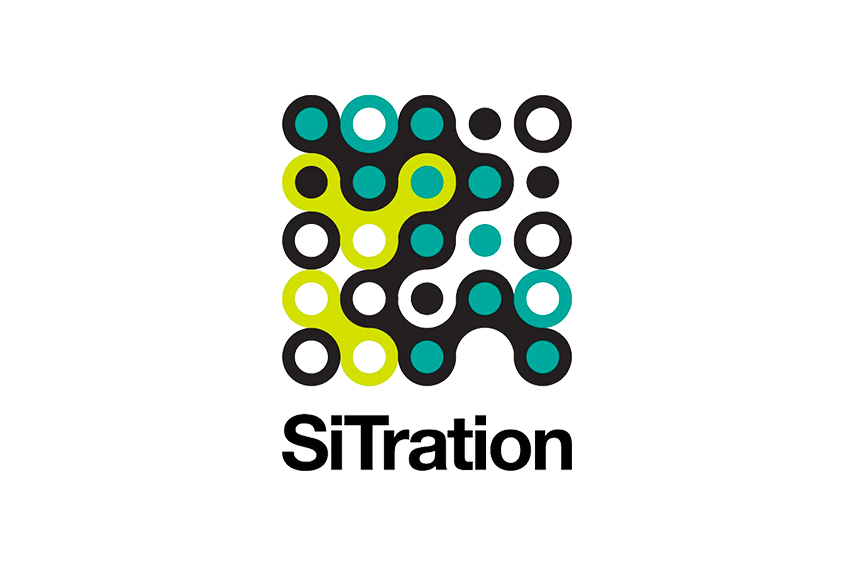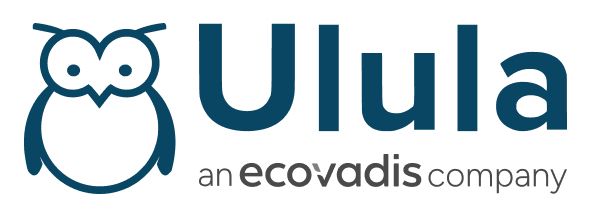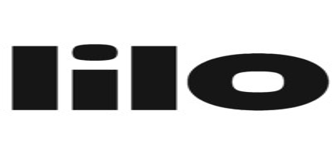
In September 2024, Working Capital Fund (WCF) celebrated the exit of one of our earliest portfolio companies, Ulula. It was rewarding to witness the recent acquisition of Ulula by the sustainability rating platform EcoVadis. This acquisition represents the culmination of a long journey as Ulula was the second investment of the first Working Capital Fund back in 2017.
I remember being approached by Ulula’s founder, Antoine Heuty, at an Omidyar Network reception in New York City during Climate Week in the fall of 2016. Antoine had done his homework and was aware of the recent creation of the Working Capital Fund. He told me that he had just started a company that was a perfect fit for our impact thesis. And he was right! The next day I was meeting with his co-founder Manu Kabahizi and the rest of the team in their co-working space in Manhattan and getting a product demo. And the rest is history as they say…
At the time of meeting Ulula, it was one of several recent entrants into a newly emerging “worker voice” product category. By the mid 2010’s the high penetration rates of mobile phones among even the poorest worker populations had created an opportunity to crowd source real-time, anonymous feedback from workers regarding labor conditions. These technologies offered a market improvement over prevailing corporate approaches to verifying safe and fair working conditions such as social audits and worker interviews. These snapshots in time – would take place infrequently, often lacked rigor and could often be gamed by coaching workers responses. But worker access to survey and grievance mechanisms via cell phones offered the promise of getting real-time actionable information directly from workers on everything from wage theft to sexual harassment to forced overtime and health and safety risks.
The increasingly crowded worker voice space had entrants with very different business models and approaches. Some were hyper-focused on specific geographies or industries. Others were hybrid for-profit/not-for-profit enterprises that were highly reliant of grant subsidies.
WCF engaged in deep diligence and evaluated all entrants in the space, and Ulula immediately stood out as best in class. It had superior and more scalable technology that not only enabled more accurate and cost-effective data collection from workers but also facilitated better analysis and reporting functionality. Its business model of selling directly to large corporations (who would then mandate that their suppliers offer the platform to workers) was more straightforward and signaled a more credible TAM with much better unit economics. Most importantly, we were impressed by the management team of Antoine and Manu. They had both the domain and technical expertise necessary but also the strategic vision and ambition needed to succeed.
Ulula grew consistently over the years. Income increased steadily year-over-year as the company landed an impressive array of Fortune 500 clients and extended its reach into electronics, extractives, palm oil, and apparel all while building a strong brand reputation and maintaining a deep commitment to social impact. Meanwhile, most of the early competitors have fallen by the wayside. We are excited about Ulula’s ability to have an even greater impact in their new home.
The partnership with EcoVadis is an ideal fit for Ulula and offers unprecedented opportunity to scale impact and mainstream worker voice technology to millions of additional workers. The French based company was one of the first Unicorns to emerge in the responsible supply chain space and has established itself as the leading platform in the market. As EcoVadis actively builds out its tool kit in the social compliance space, Ulula will no doubt play an important role.



